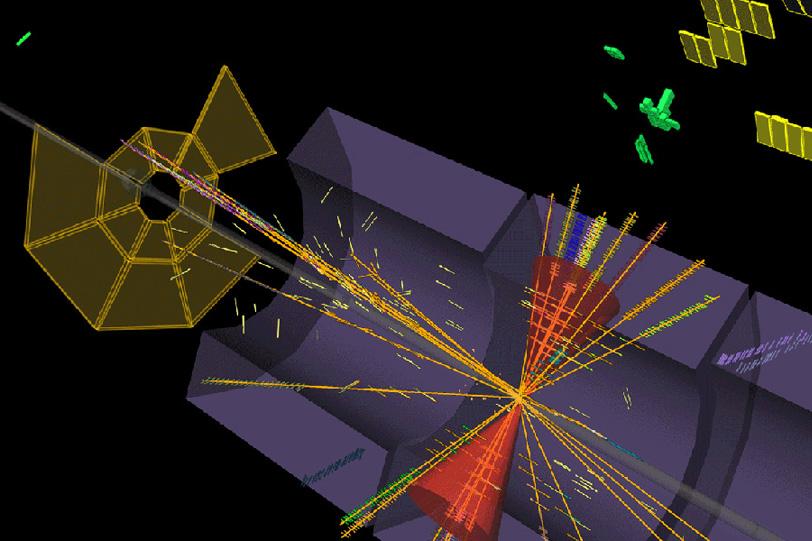The Large Hadron Collider, at CERN in Geneva, Switzerland, is the largest scientific instrument ever built. For nearly a year now, we have been smashing protons into each other with unprecedented energy, allowing us to peer into nature's most intimate depths. The world's largest and most complex cameras take snapshots of these collisions millions of times per second. These pictures reveal the smallest components of the universe - the quarks and gluons - and, someday, we hope, the elusive Higgs boson. Why do we need to build such an enormous machine in order to study particles more than a million times smaller than a speck of dust? This lecture will explain how the LHC and its detectors work, what the pictures from the LHC are telling us now, and how we will use this technology to explore the deepest secrets of the universe.
Past
Event
Smashing Protons: First Physics at the LHC
Presented by David Miller
Past
Event
Smashing Protons: First Physics at the LHC
Presented by David Miller
Public Lectures

Smashing Protons: First Physics at the LHC
Tuesday, November 30, 2010
11:30 a.m.–12:30 p.m. PST
11:30 a.m.–12:30 p.m. PST